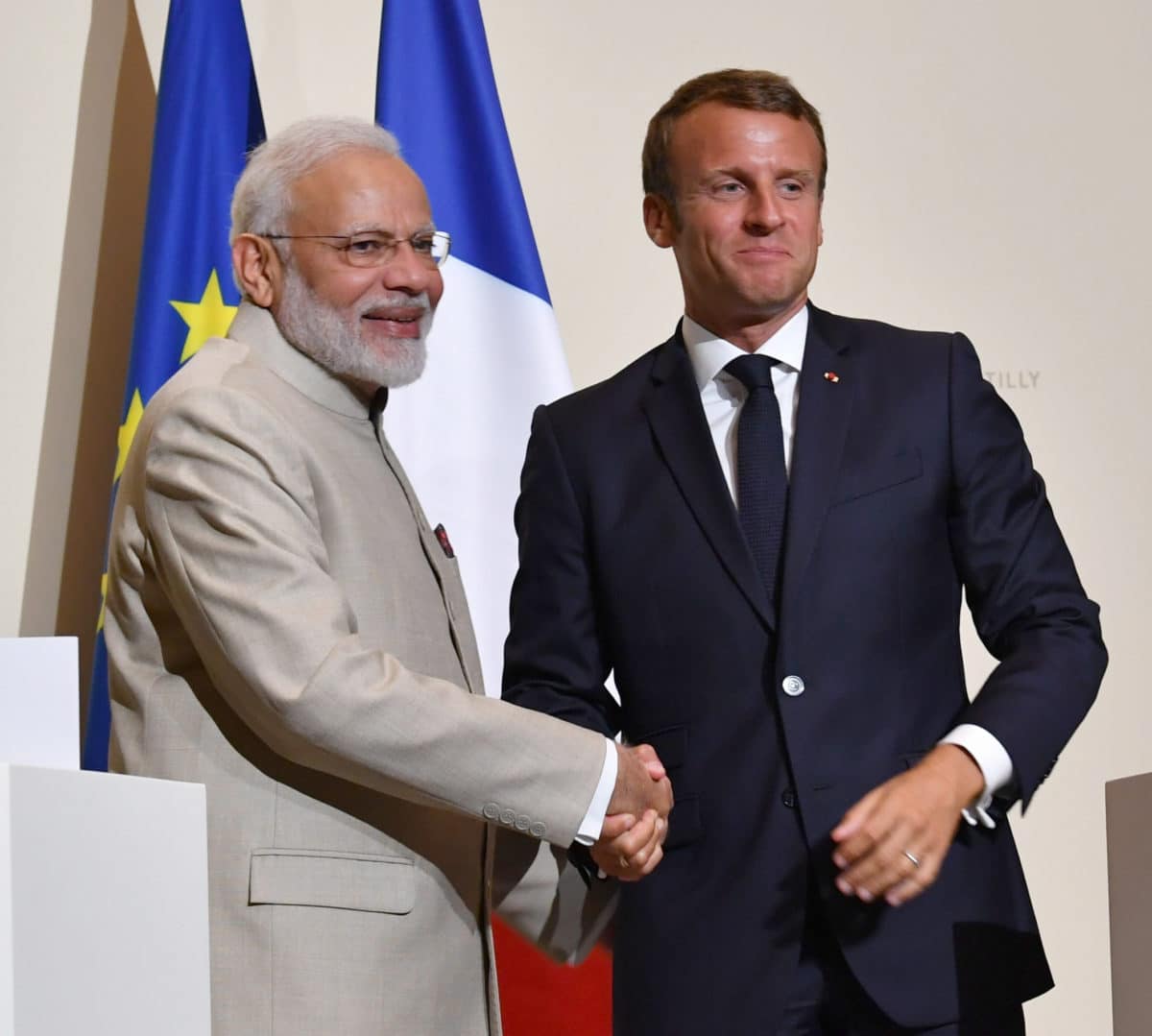The Union Cabinet has approved the Memorandum of Understanding (MoU) between India and the French Republic in renewable energy cooperation.
The MoU was signed in January 2021. It covers technologies related to solar, wind, hydrogen and biomass energy.
“The MoU entails training of scientific and technical personnel; exchange of scientific and technological information and data; organization of workshops and seminars; transfer of equipment, know-how, and technology; and development of joint research and technological projects,” according to a government release.
Notably, while the Indian government plans to launch a Hydrogen Energy Mission in FY 2021-22 for generating hydrogen from green power sources, the French government came up with a national strategy for the development of carbon-free hydrogen last year.
The French government wants 6.5 GW of hydrogen generation capacity by 2030, and has defined three hydrogen priorities.
Firstly, it wants to decarbonize the industry with a pathway to electrolysis for carbon-free fuel, rather than the generation of hydrogen from fossil fuels. In line with that aim, it is planning gigawatt-sized electrolyzer projects, according to a scheme similar to the battery plan.
The second priority is the development of hydrogen-fueled public transport and commercial goods vehicles – including trains and bin lorries – across large territories.
Third hydrogen priority is an R&D and skills development program across research institutes, universities and engineering schools.
This content is protected by copyright and may not be reused. If you want to cooperate with us and would like to reuse some of our content, please contact: editors@pv-magazine.com.









By submitting this form you agree to pv magazine using your data for the purposes of publishing your comment.
Your personal data will only be disclosed or otherwise transmitted to third parties for the purposes of spam filtering or if this is necessary for technical maintenance of the website. Any other transfer to third parties will not take place unless this is justified on the basis of applicable data protection regulations or if pv magazine is legally obliged to do so.
You may revoke this consent at any time with effect for the future, in which case your personal data will be deleted immediately. Otherwise, your data will be deleted if pv magazine has processed your request or the purpose of data storage is fulfilled.
Further information on data privacy can be found in our Data Protection Policy.